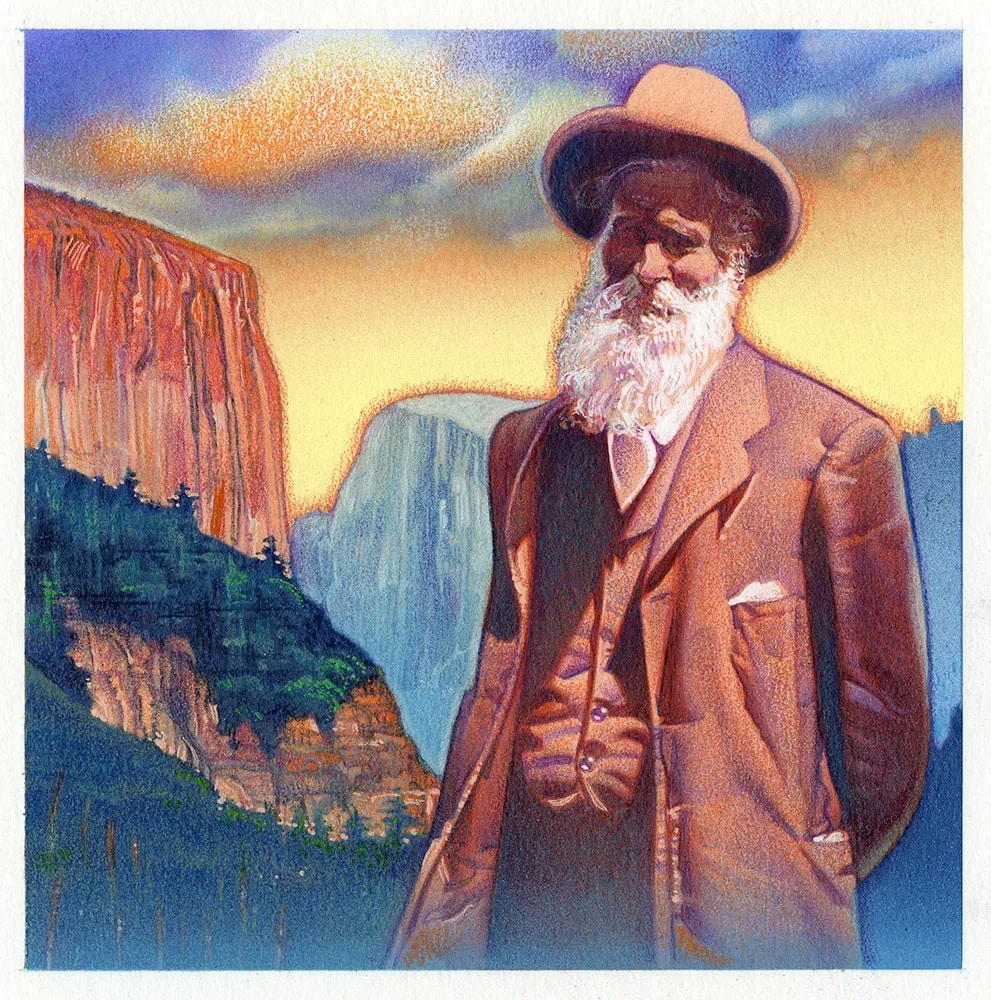
From The Wilderness World of John Muir, here are some random thoughts about nature in general by the Scottish-born American naturalist, author, philosopher, botanist, and zoologist, transcribed by yours truly in Centennial Gregg.
Attachment: some-random-thoughts.pdf